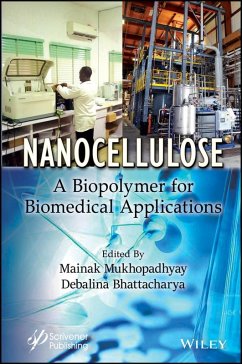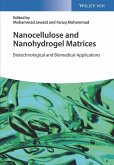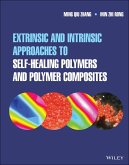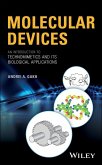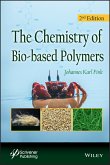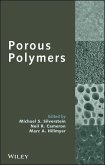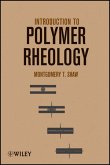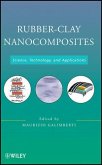NANOCELLULOSE This book provides the latest up-to-date information on the exciting applications of nanocellulose in human diseases by giving in-depth explanations of their synthesis, characterization, and real-world applications in the biomedical sectors. Nanocellulose is a promising nanomaterial with unique qualities including low cost, durability, non-toxicity, accessibility, etc. Cellulose can be classified into two types: nanocrystals and nanofibrils, depending on the way it is extracted from trees, plants, or other cellulose-containing species. Textiles, cosmetics, and food products are just a few of the commercial uses for nanocellulose. However, it also has strong potential for use in medicine. The book presents the most recent scientific research on nanocellulose as a biopolymer and its potential uses in medicine. The reader will discover: * explains the synthesis of bacterial nanocellulose from different bacterial species and their characteristics; * details processes and applications of electrospinning and the synthesis of novel nanocellulose-based nanocomposite materials; * discusses the various surface functionalization processes of cellulose and their advantages and disadvantages; * delves into the application of nanocellulose in tissue engineering and grafting, such as in wound dressing and implants; * discusses nanocellulose as a carrier for drug delivery, as well as the synthesis of antibacterial nanocomposites for treating multi-drug-resistant bacteria; * explores the role of nanocellulose in the treatment of renal failure, nanocellulose hydrogel for ophthalmic and dental applications. Audience Researchers in areas including environmental biotechnology, bioprocess engineering, renewable energy, chemical engineering, nanotechnology, biotechnology, and microbiology will be interested in this book.
Dieser Download kann aus rechtlichen Gründen nur mit Rechnungsadresse in A, B, BG, CY, CZ, D, DK, EW, E, FIN, F, GR, HR, H, IRL, I, LT, L, LR, M, NL, PL, P, R, S, SLO, SK ausgeliefert werden.

